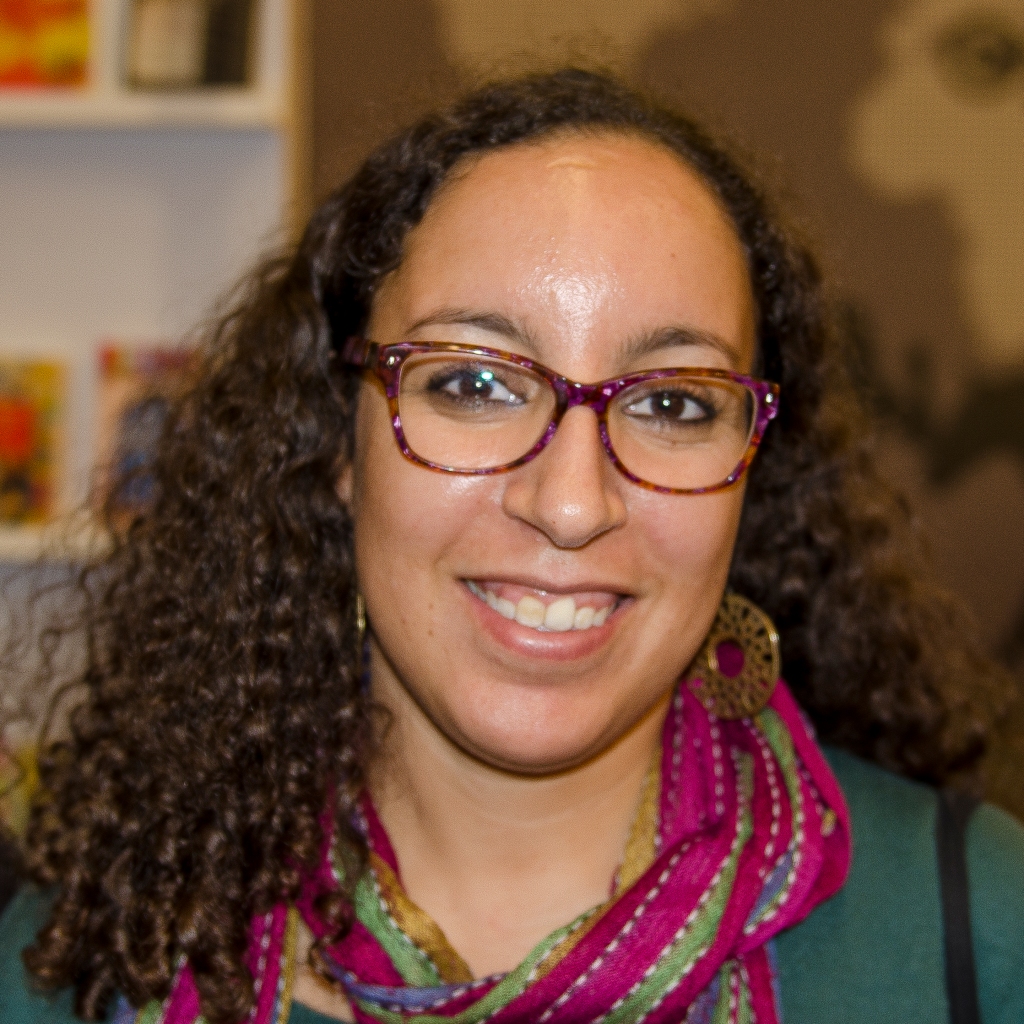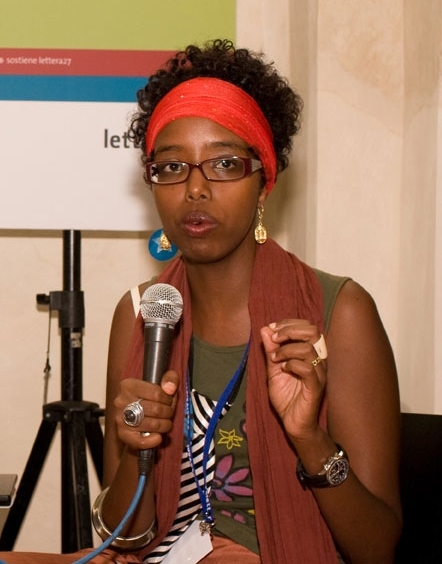We will start class on zoom with a discussion of p. 13 of Igiaba Scego’s Adua. What does it mean to be a translator? How do issues of political power, race, gender, and colonialism intersect with the practice of translation. We will try to have a full class discussion. Turn on your video if you feel comfortable and have an adequate internet connection!


After our zoom discussion, we will have a bcourses discussion thread. Answer the following prompt:
Identify a moment in one of the texts, either the El Hachmi or the Scego, in which translation plays an important role. Here are a few questions to consider answering about the passage: If a word or a phrase isn’t translated, how do we understand it – what formal techniques help us understand? Why might a translator choose not to translate a particular word or phrase? Why might a translator leave a line of dialogue in a non-English language and immediately translate it? Why might a name or title be translated literally, or not? What impact did the presence of the glossary in the Scego have on the reading of your passage? What formal elements allow us to “hear” different voices, or perhaps even accents? Be as specific to your particular passage as possible.

Homework:
- Revise your 1-2 body paragraphs and write an additional paragraph (this can be an additional body paragraph, an introduction, or a conclusion, depending on what you want to practice working on). Submit paragraph of your choice on bcourses.
- Compile a list of strategies, techniques, or exercises that have been useful to you in the writing process. If particular strategies, techniques, or exercises have been unhelpful, consider listing those as well, and explain why you think that is. Post your list on bcourses – the thread will be a collective resource for everyone to refer to.